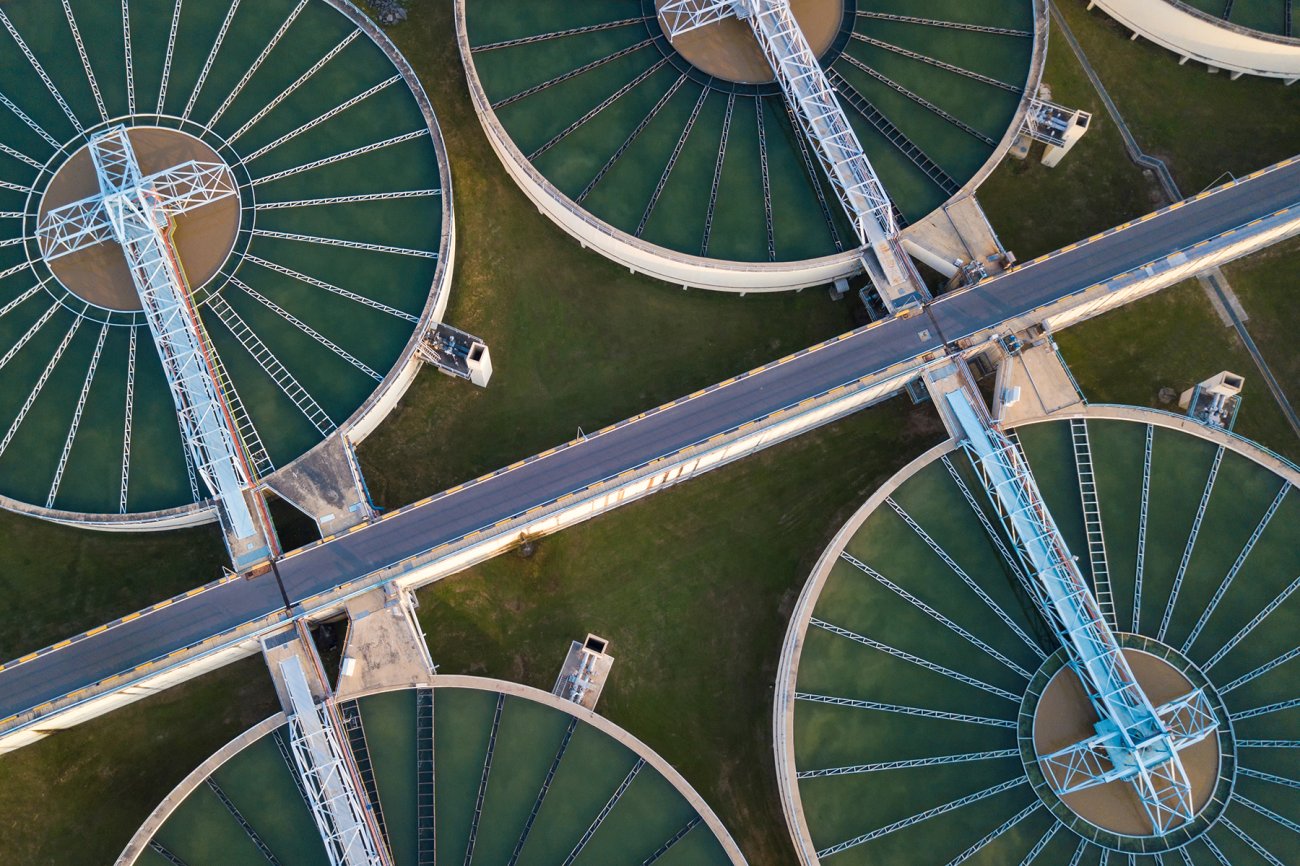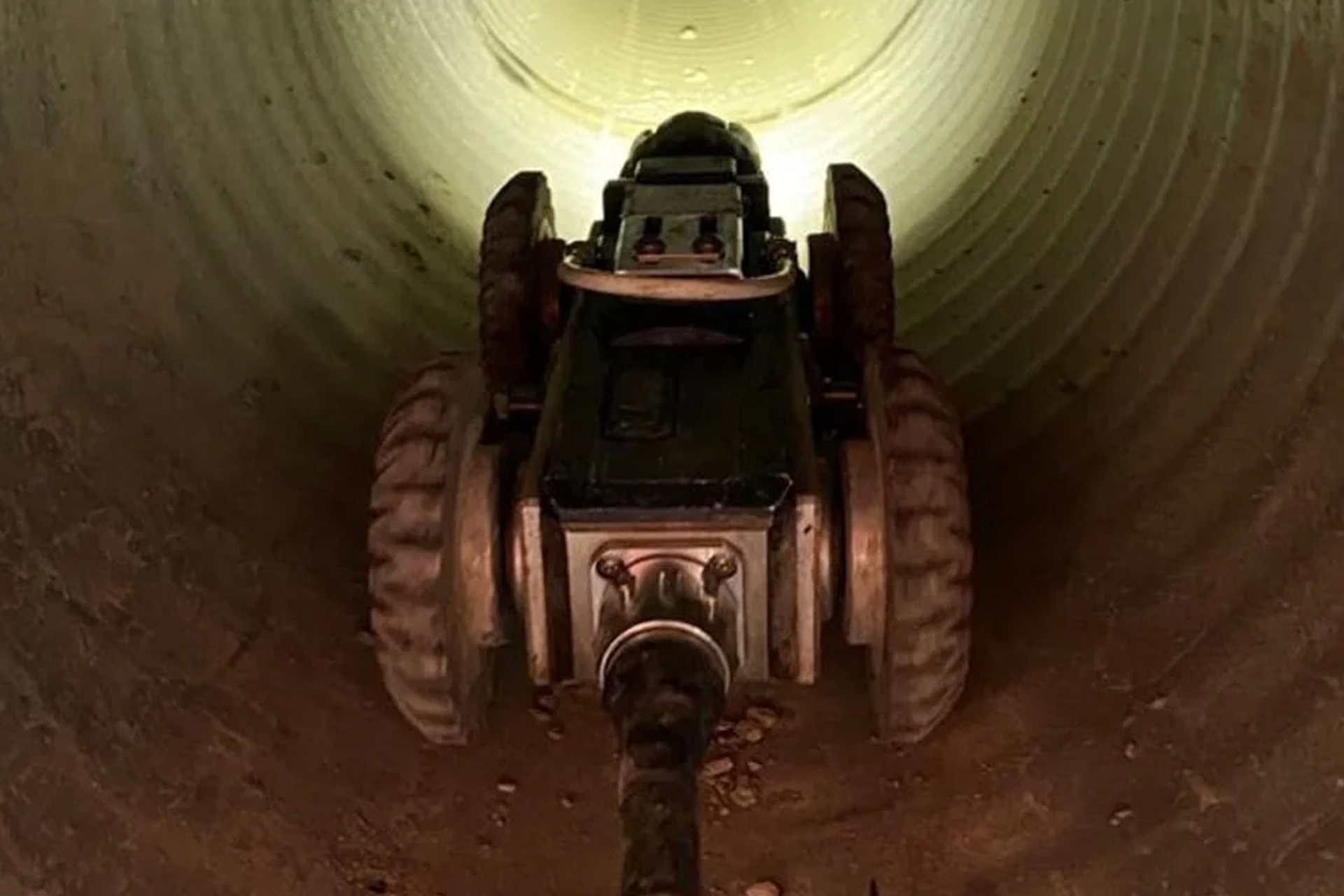6 Simple Techniques For Reclaim Waste
6 Simple Techniques For Reclaim Waste
Blog Article
About Reclaim Waste
Table of ContentsSome Known Questions About Reclaim Waste.Little Known Questions About Reclaim Waste.Fascination About Reclaim WasteSome Ideas on Reclaim Waste You Need To KnowNot known Factual Statements About Reclaim Waste
Residential sewage waste refers to the waste and products from a household septic storage tank. The correct management and disposal of residential sewage waste need liquid waste to be moved to a sewage treatment plant where the correct techniques and tools are used to detoxify and dispose of waste.
Industrial waste frequently consists of possible dangers, such as combustible materials or a mix of fluid and strong waste products, and needs an advanced and in-depth disposal procedure. The disposal of commercial waste generally entails the purification of waste prior to transportation to make sure secure and correct disposal. Industrial waste is created from by-products and drainage of commercial processes and production.
This sort of waste can not use the same sewage administration transport or procedures as septic or industrial fluids. The commercial waste monitoring procedure calls for the assessment and screening of fluid waste before it undergoes the disposal process (liquid waste disposal melbourne). Runoff waste is the fluid waste that comes from runoff and excess stormwater in highly booming locations or cities
Drainage waste can cause contamination and flooding otherwise dealt with correctly. Discover much more regarding sewer cleansing and waste monitoring. Ensuring proper waste management can prevent disasters and reduce ecological damage. Both individuals in domestic settings and professionals in business or manufacturing industries can take advantage of recognizing the procedures and guidelines of liquid waste management.
Reclaim Waste Things To Know Before You Buy
Contact PROS Providers today to find out about our waste administration and disposal solutions and the appropriate ways to look after the liquid waste you produce.
(https://linktr.ee/leonaube33101)This so-called 'wastewater' is not only a vital resource however, after therapy, will certainly be released to our land, waterways or the sea. Utilized water from toilets, showers, baths, cooking area sinks, washings and commercial processes is known as wastewater.

water made use of to cool machinery or clean plant and devices). Stormwater, a kind of wastewater, is runoff that flows from agricultural and metropolitan areas such as roof coverings, parks, gardens, roadways, courses and rain gutters right into stormwater drains pipes, after rain. Stormwater moves neglected straight to neighborhood creeks or rivers, ultimately getting to the sea.
5 Simple Techniques For Reclaim Waste
In Queensland, most wastewater is dealt with at sewer therapy plants. Wastewater is transferred from domestic or industrial websites with a system of sewage systems and pump stations, recognized as sewage reticulation, to a sewage therapy plant.
The Division of Natural Resources suggests city governments concerning handling, operating and preserving sewerage systems and treatment plants. In unsewered areas, city governments might require householders to set up private or house sewer treatment systems to deal with domestic wastewater from commodes, kitchen areas, washrooms and washings. The Department of Natural Resources authorises the use of household systems when they are proven to be reliable.
In some new subdivisions, therapy of some stormwater to eliminate trash, sand and gravel has started using gross toxin traps. Wastewater therapy takes place in four phases: Eliminates strong matter.
Wastewater after that flows right into large containers where solids work out and are gotten rid visite site of as sludge. Oil and scum are skimmed from the surface area. Utilizes little living organisms called micro-organisms to break down and eliminate remaining liquified wastes and fine particles. Micro-organisms and wastes are incorporated in the sludge. Gets rid of nitrogen and phosphorus nutrients that could trigger algal blooms in our rivers and threaten water life.
Reclaim Waste Fundamentals Explained
Nutrient elimination is not readily available in all sewage therapy plants due to the fact that it requires expensive specialised equipment. It is coming to be much more common in Queensland. Clear liquid effluent generated after therapy might still consist of disease-causing micro-organisms. If this effluent is released right into rivers such as rivers or the sea, the micro-organisms will at some point die out.

This normally indicates wastewater needs to be dealt with or pollutants removed prior to it can be released to rivers. Many wastewater streams into the sewerage system. Under the Act, regional federal governments carry out approvals and permits for environmentally pertinent tasks (ERAs) including wastewater releases that may have a neighborhood effect. The department carries out authorizations and licences to ERAs entailing wastewater releases that could have a regional or statewide effect.
Fascination About Reclaim Waste
Surveillance offers factual information regarding water top quality and can verify that licence problems are being fulfilled. The info obtained through tracking supplies the basis for making water quality choices.
Report this page